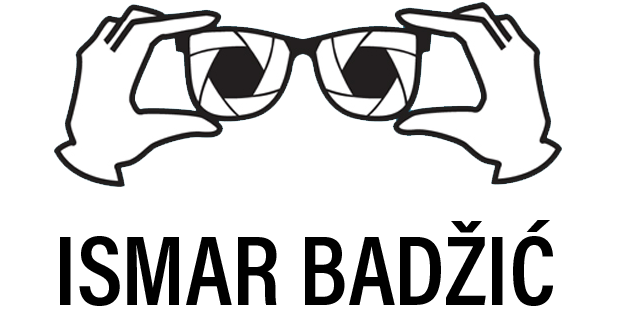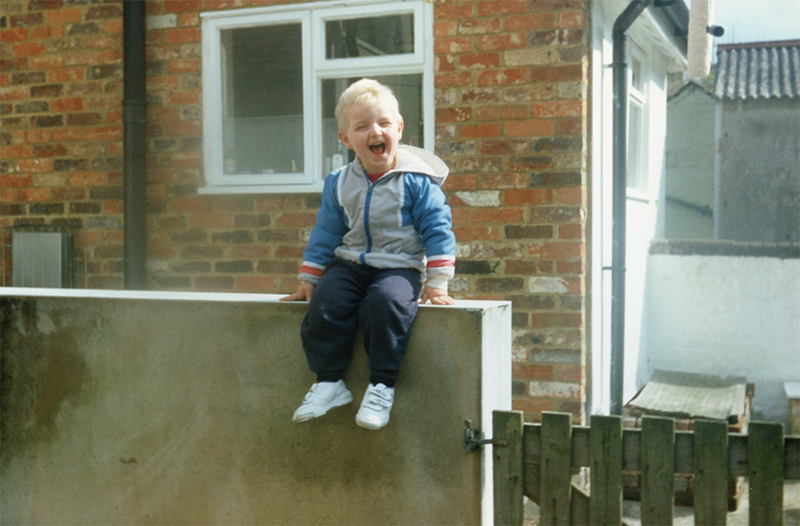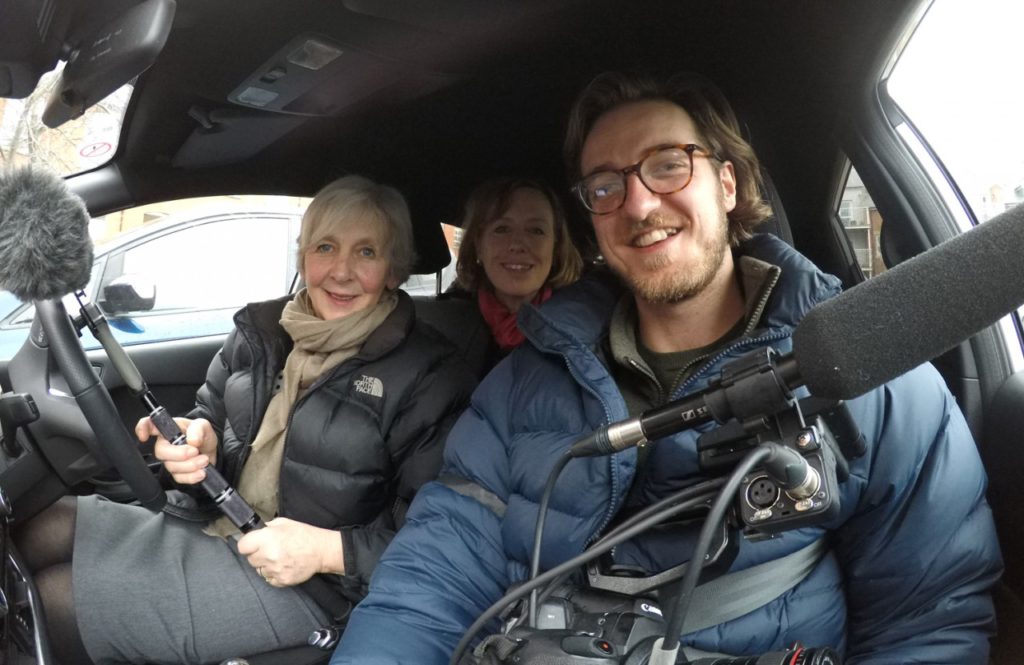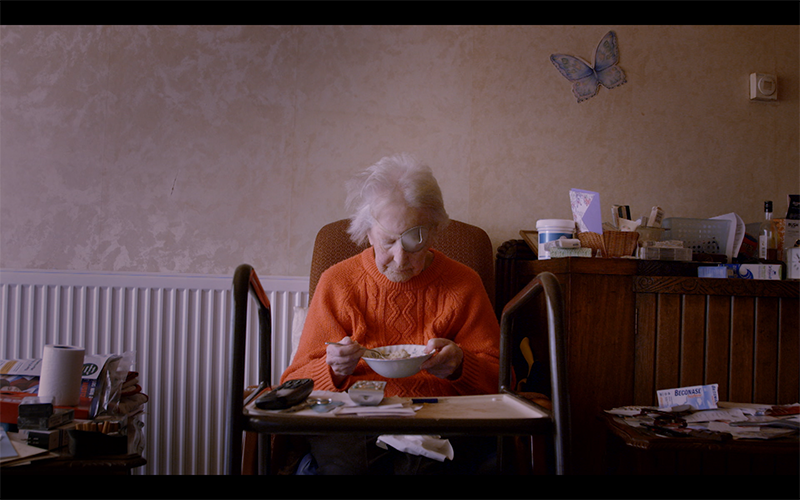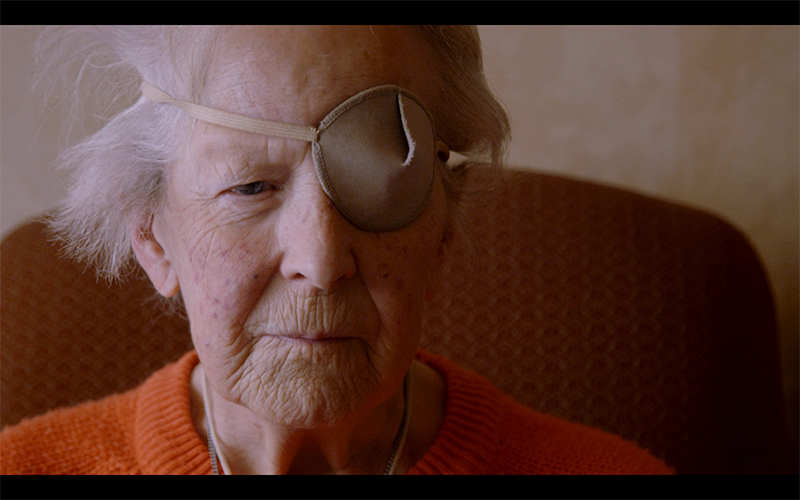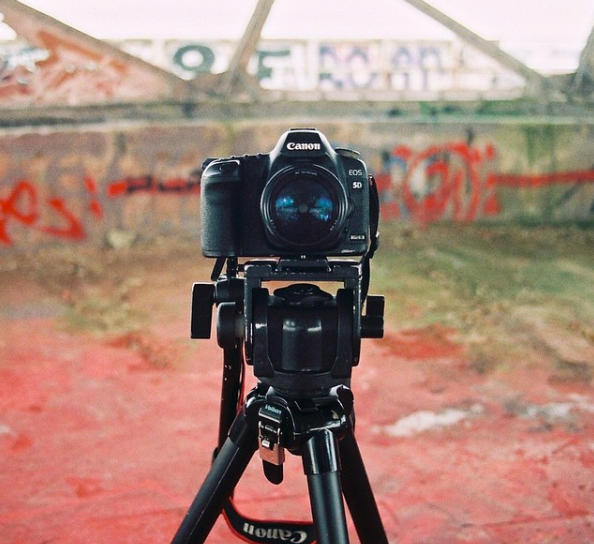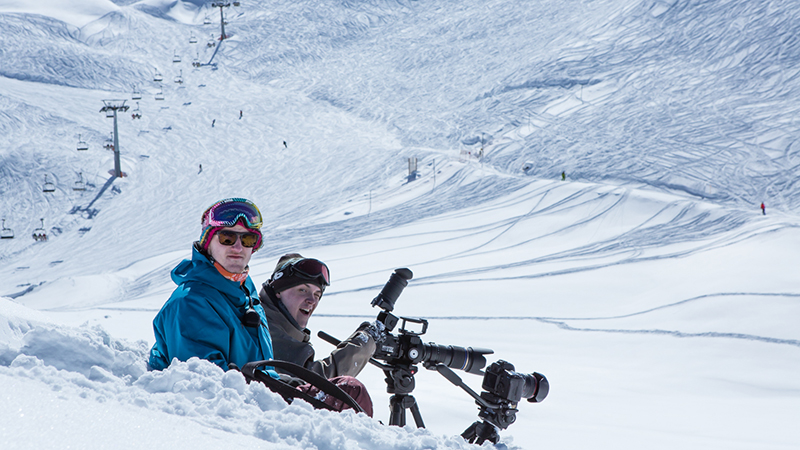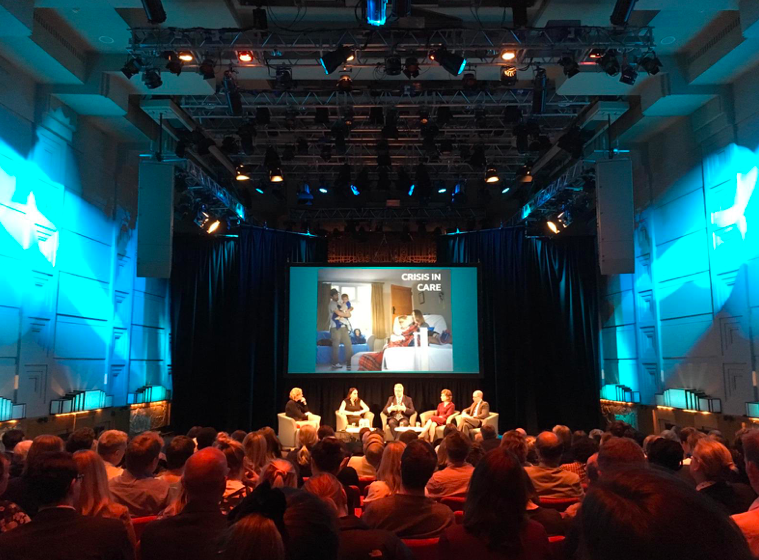In documentary we strive for sincerity and ask people to share. It’s only fair that we do the same. Here’s my story, it’s about how I became a filmmaker and what it means to me.
Storytellers
I was born in Bosnia but came to England as a refugee when I was one. Being so closely connected to a place I wasn’t fully part made me curious, desperate, to know more. So I listened to stories. Not the colourful type read to young children in bed – but those told by women and men carrying their tales like burdens, eased only when shared. The stories were about war, about the country I was born in but never knew. I listened hard – cried, laughed, learnt. Afterwards, I added pictures to the words, playing out scenes in my head. Those stories were essential to me and I’m grateful my parents let me sit and listen to such unfiltered truth.
A passion for stories turned into a love for writing at school – but it was picking up a camera that changed everything for me. Shooting and editing my first film was electric and I instantly knew I wanted to be a filmmaker. It’s been a hard-fought journey to become a working filmmaker and I’ve got a long way to go. But those early stories – told in dimly lit living rooms, the speaker’s memories moistening their eyes, the listeners held in suspense, not breathing, leaning in, thirsty to know, to feel, to hear the end but desperate for it not to end – they are the type of stories I want to tell.
People
People love to be entertained, history and repetition suggest that we must need it. I know I do. But there are enough people making films with exhilarating car chases, shoot outs, romance and other wonderfully fun things that I don’t think I’d be doing much to help in those areas. I am drawn to things with more trouble at their heart which is why I gravitated towards documentary rather than fiction. I’m interested in people as they are and I’m fascinated by the truths that emerge from within all of us when we dig deepest – they are the richest truths of all. Sometimes those truths aren’t transmitted by words at all; they are blink-and-you’ll-miss-it looks, glances, breaths, falters, pauses, stutters or sighs. The unsaid is as important to storytelling as the said. I love the bittersweet frustration of those things that people hint at but don’t, can’t fully divulge. As a viewer I connect with those signals because it forces me to introspect, to connect with how I have felt in similar situations, when our feelings are nearly impossible to put into words. Those moments of unsaid expression bring me closer to the person, bound by our similarity and tells me something greater about us all. Aside from the story as a whole, intimate moments of deep truth, spoken or unspoken, are what I connect with when I watch films and what I feel most privileged to capture.
I think good documentary filmmaking relies on empathy and care. There’s no ‘cheat’ to building relationships with people. People have to believe that you are listening and that you care. I find the best way is to genuinely listen and genuinely care. And I do. I find the world and everyone in it fascinating. I hate the idea of having a small circle of experience. I want to listen to people talk about flute making, arthritis, brass bands and how pot holes are filled. There’s something to be learnt from every single person on this planet, I truly believe that. By extension, I feel that every person has a story to tell. Better, more experienced filmmakers than myself have disagreed with that notion but that’s how I see the world and the people in it. We all have stories to tell. Not everyone can express them easily, perhaps not even very well, but they are there. I love unearthing those stories and figuring out how to capture them on camera in a faithful but also visually appealing way.
Pictures
I started out using my dad’s Samsung digital camera set to movie mode but my first real camera was a Canon 550D, the budget brother of the Canon 5D which kickstarted the DSLR revolution. An imperfect camera in many ways but, as it turned out, it was perfect training for a documentary filmmaker – forcing a do-it-all-yourself approach. A chance meeting with the kindest man in the world, Andy Bowman, led me to borrowing a set of beautiful old Nikkor lenses which looked out of place on my little 550D. Shooting on those primes made me step up, shooting more, shooting better. Desperate to make the most of the opportunity before I had to revert back to the plastic kit-lens that came with the camera. Those lenses taught me about aperture, focal length, depth of field, the trade-offs and the impact all of it has on the look and feel of an image. From that starting point I’ve been comfortable with any camera I’ve used. Crudely, they’re just tools, with buttons in different places, different tech, sensors, colour spaces, niggles and quirks. The fundamental rules are the same and ultimately – they don’t make the images, we do.
My parents didn’t have old cameras hanging around the house, nor a shelf full of classic films. Nor did they, or I, know anyone working in film or TV meaning I had no leg up. To me, Andy Bowman was the fairy godmother who showed up at just the right time and influenced me more than anyone else in those early years. Sadly, just as I was getting into filmmaking, he was retiring. A master technician in an analogue era, the digital world that made it possible for kids like me to get into filmmaking was pushing him out and he didn’t have the appetite to change everything he’d learnt and built.
Films
The simple truth is – I love making films. It just so happens I have gone the camera route because it meant I didn’t have to wait on anyone else – I could just go out and make films about anything on my own. If I was better with a makeup brush I’m sure I’d have taken a few jobs as a makeup artist by now. Of course, I love to shoot but if I’m excited by the project and convinced by the intentions of the people making it, I’m ready and willing to chip in any way I can. If I had the chance to work on an Errol Morris film as a tea boy or a Scorsese picture as a cleaner, I’d jump at the chance. Films are, in my experience, the best example I’ve seen of a whole being far greater than the sum of it’s parts. I make films for that whole – for the film itself – that sacred being born of the cumulative effort of every single crew member. There’s an alchemy that happens when a group of people come together and step outside of themselves, giving all their love and energy to making something bigger than they. Watching the culmination of all that effort play out on the big screen with an audience who feel something about what you’ve all contributed to – that’s the point. And then; the film exists without you, on it’s own, as a real thing in the world. I’m giddy just thinking about how special that is to me.
